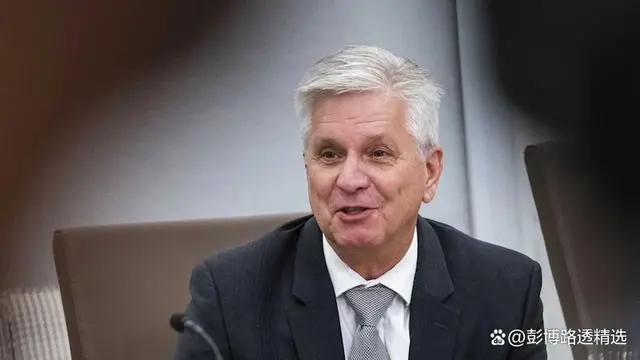Opening Day Highlights From Tornado Cash Founder Roman Storm’s Trial
Roman Storm’s Tornado Cash trial begins with claims of laundering for North Korea and a defense centered on open-source privacy code.
The criminal trial of Tornado Cash co-founder Roman Storm began in New York federal court with starkly opposing narratives.
Jury selection concluded Monday. Opening statements followed shortly after, offering the first insight into each side’s strategy.
A Woman Scammed for $250,000
Prosecutors opened with a personal story. Assistant US Attorney Kevin Mosley told jurors about a woman in New York who lost $250,000 in a crypto scam. Hackers tricked her, then laundered the stolen money through Tornado Cash.
This incident, Mosley said, was just one example of how criminals used the protocol. It gave the jury a human face to a technical crime.
Afterwards, the prosecutor escalated the stakes. He claimed Storm’s tool helped North Korea’s Lazarus Group launder $600 million stolen in a gaming company hack. He argued this violated US sanctions and national security laws.
According to prosecutors, Storm knew about the hack but chose to do nothing. Instead, he “continued running the washing machine,” Mosley said.
The prosecution also told jurors that Storm not only built the machine but removed the off-switch. He “had the keys to the laundromat,” Mosley said. The government argued this was deliberate and profitable.
ALL money laundering is illegal!Also ~14.2% of all transactions on Tornado Cash were criminal.
— Dave Craige(@davecraige)
Defense: “He Was a Coder, Not a Criminal”
Storm’s lawyer, Keri Axel, painted a very different picture. She said Storm was a young immigrant who fell in love with blockchain.
Born in Kazakhstan, raised in Russia, and later moving to the US, Storm was inspired by Ethereum creator Vitalik Buterin.
Buterin encouraged developers to build privacy tools. That advice sparked the creation of Tornado Cash.
Axel argued that Tornado Cash was like any neutral tool. “It’s like Signal or a hammer,” she told the jury. Both can be used for good or bad.
She emphasized that Storm had no role in the North Korea hack. Tornado Cash was an open-source protocol. Once deployed, no one—not even Storm—could stop or control it.
The T-Shirt Was a Meme
One piece of evidence the prosecution pointed to was a shirt Storm wore at a tech conference. It made a joke about money laundering.
Axel said the shirt was a poor-taste meme common in crypto circles—not proof of criminal intent. “It was a joke, not a confession,” she told jurors.
Storm's Axel: Here's the trio, including Roman Seminov on the scooter. The T-shirt they say Roman Storm wore? It was at a legitimate tech conference in Boston. It was a meme, a joke in poor taste. The community embraced this technology, including Vitalik Butarin
— Inner City Press
The defense walked the jury through how Tornado Cash works. Axel explained smart contracts, public blockchains, and the role of Ethereum nodes.
She said Storm did not charge fees, had no access to user funds, and couldn’t alter the system once deployed.
According to Axel, the government misunderstood how decentralized code works.
The defense pointed to Storm’s reaction after the $600 million hack. Rather than exploiting the moment, Storm messaged collaborators saying, “We’re done.”
She said this showed his fear, not complicity. The trial, she argued, is punishing a developer for the misuse of software.
First Witness Testifies About Using Tornado Cash In a Crypto Scam
After opening statements, the jury heard from the prosecution’s first witness—Ms. Lin from Taiwan. She said she lost money to a crypto scam and was instructed to use Tornado Cash to hide the trail.
Her testimony aimed to show how average people were affected by Tornado Cash’s use by scammers.
The trial is expected to last several weeks. The prosecution plans to present chat logs, financial records, and witness testimony.
The jury will be asked to decide whether Storm wrote code—or ran a criminal enterprise.
Disclaimer: The content of this article solely reflects the author's opinion and does not represent the platform in any capacity. This article is not intended to serve as a reference for making investment decisions.
You may also like
Academic faction makes a comeback, small-town professor Waller becomes the hottest candidate for Federal Reserve Chair
Stablecoins, RWA, and on-chain payments are experiencing a rare period of policy alignment.

Top Meme Coins to Buy Today 5 Picks Targeting +200% Market Moves

SHIB Breakout Targets $0.0000165 First and $0.0001 on Extended Rally

PEPE Symmetrical Triangle Targets $0.00001811 and $0.000026 Levels

